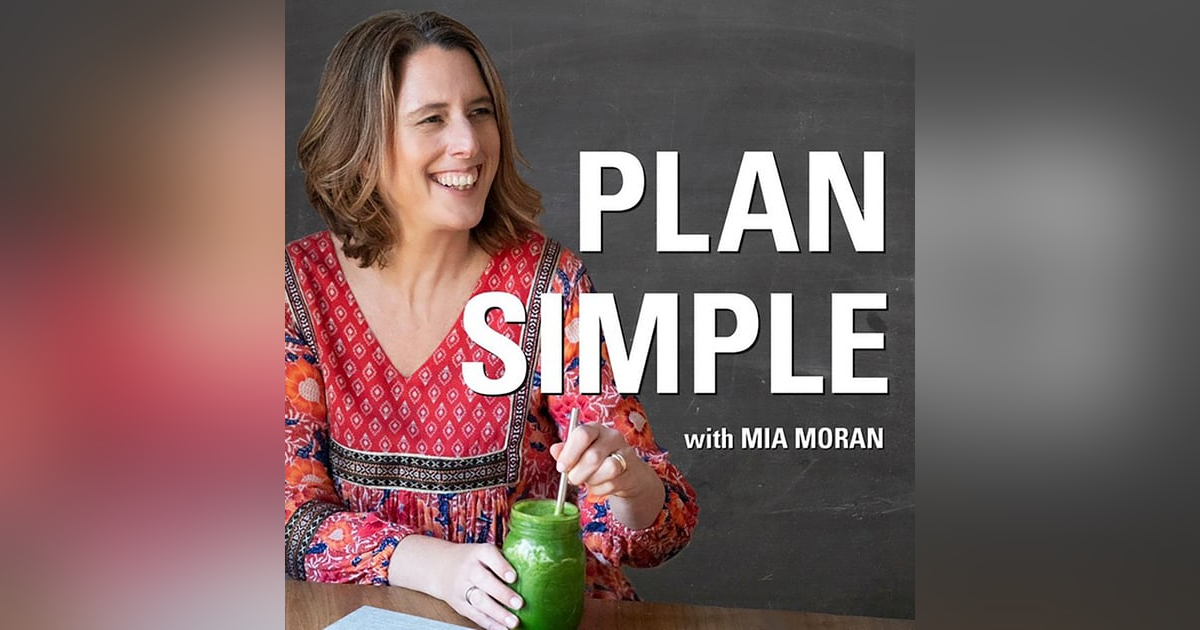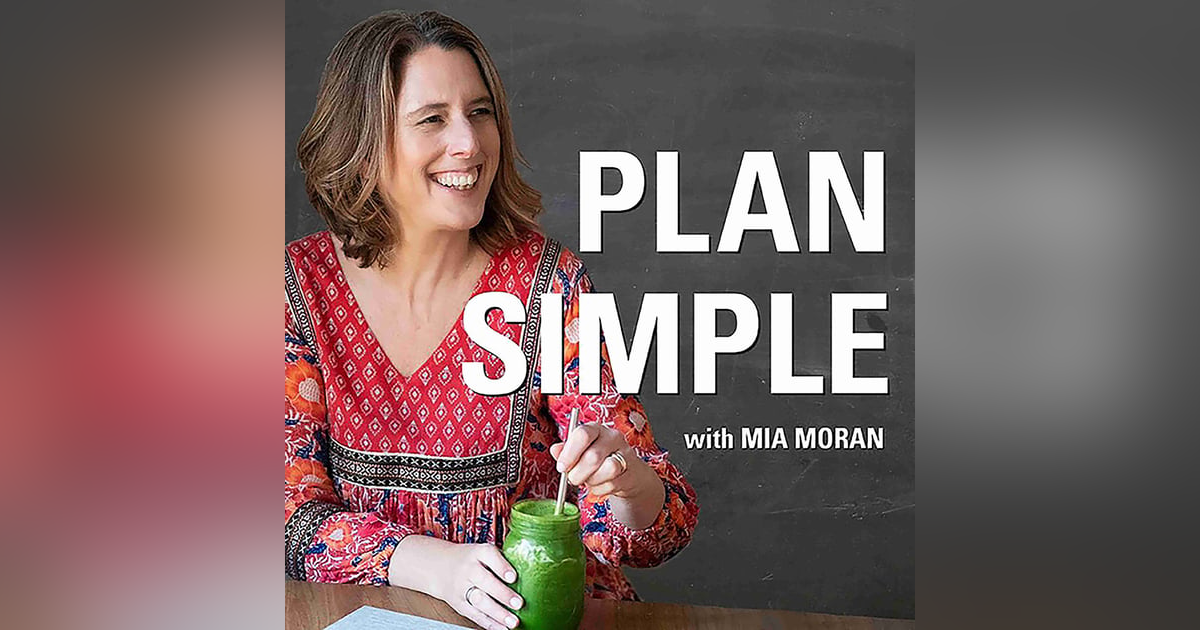
Sign up to get updates from us
By signing up, you agree to receive email from this podcast.

“If we're gonna be creative, there needs to be space in our life.”
–Parrish Wilson
You don’t have to write or journal every day to have a regular practice, but having a practice can be extremely powerful and even healing. Writing therapist Parrish Wilson agrees with me that an every day isn’t required.
Parrish uses therapeutic writing, which is any writing that supports our mental well being. That could be many things — autobiography, memoir, poetry — but the most common form many of us are aware of is journaling.
How do we use journaling if we don’t do it every day? What does a journaling practice look like? Is there a difference between journaling on your own and journaling with a therapist? We dig into these questions.
We talk about:
ABOUT PARRISH
As a Writing Therapist, Parrish Wilson brings together over twenty years of experience working and writing in the field of mental health. She holds an Masters in Counselling and Spirituality, and a Graduate Certificate in Creative Writing. Her studies have focused on therapeutic writing as a tool for processing trauma and emotional distress. In her work with individuals and groups, Parrish crafts transformational writing experiences leading to deep personal transformation. Writing therapy takes many forms and Parrish can support you however you are pulled to write: journaling, memoir, poetry, essay or short story. In her non-work life, she’s a mama to two neurodivergent boys and a big fan of restorative yoga, high quality tea and messy (aka loved in) houses.
LINKS
DOABLE CHANGES
At the end of every episode, we share three doable changes, so you can take what you've heard and put it into action. Change comes from action.
Sometimes action gets a bad rap. You can be kind to yourself. You can practice being AND doing, but for change to happen you have to take steps. The way we take care of ourselves is making the steps doable and focusing on one thing at a time. We take time to integrate the change and then move on to the next one. Pick a Doable Change that resonates with you the most to start from.
Here are three Doable changes that we chose from this conversation.